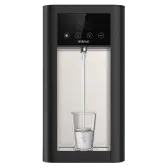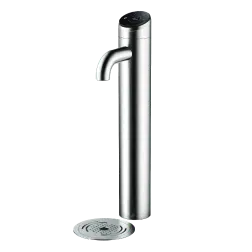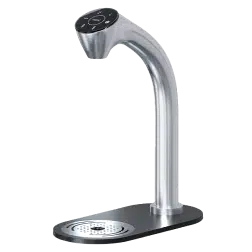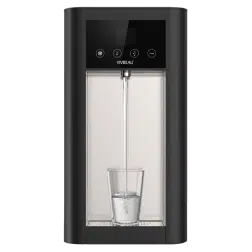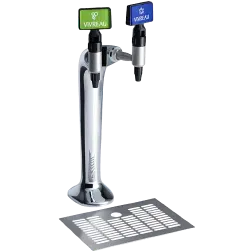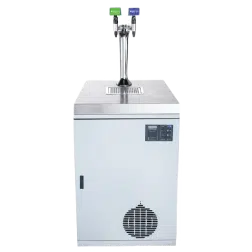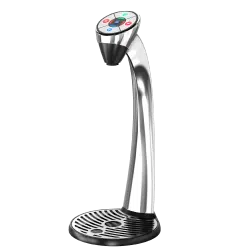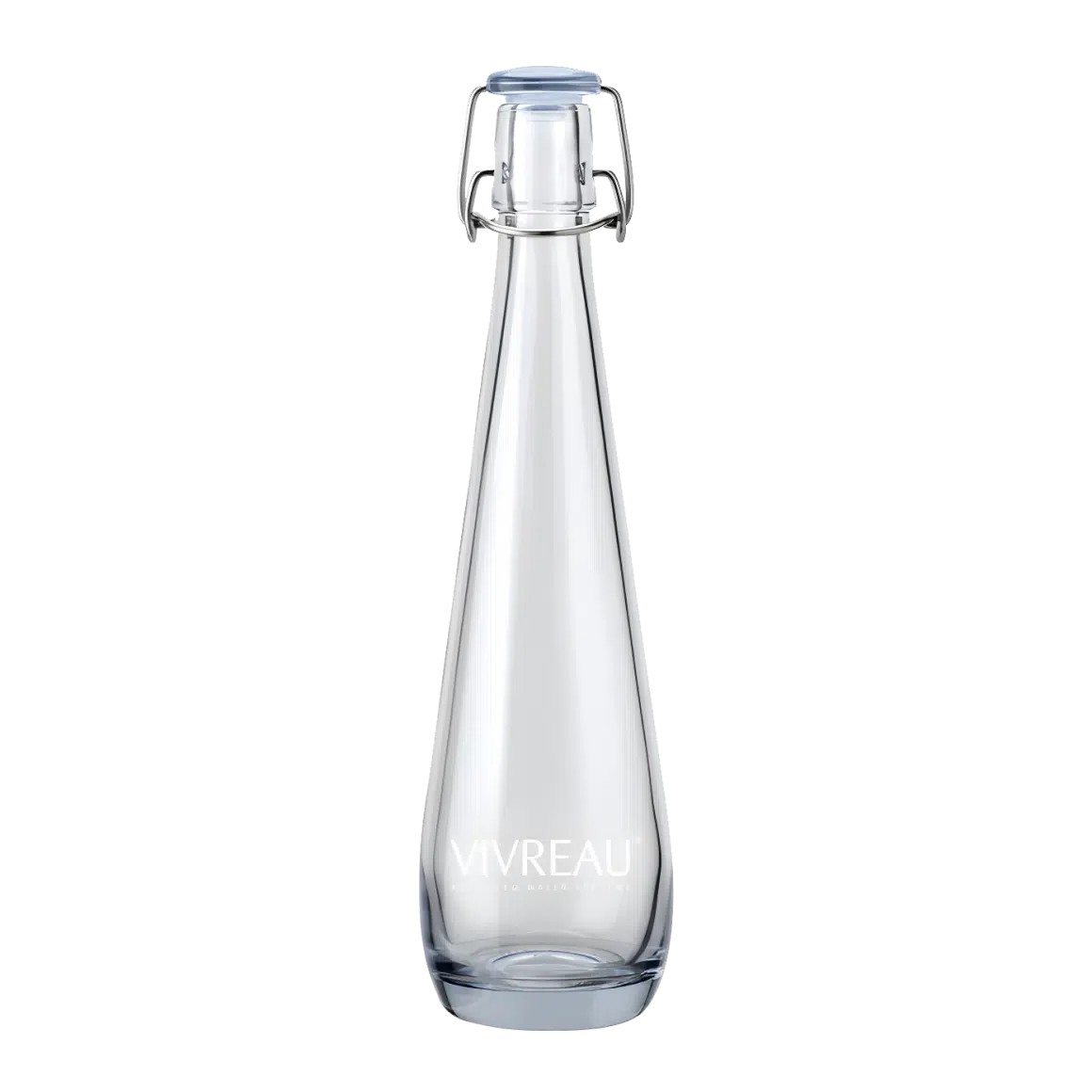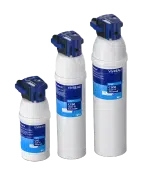How would it affect your coffee if you stopped
using a water filter? Answers from a sensory
perspective
Coffee, an intricate and cherished beverage, holds a special place in the hearts of millions worldwide. Its complex flavors and aromas have led to a relentless pursuit of perfection by coffee enthusiasts and professionals alike. While the quality of coffee beans, roasting techniques, and brewing methods play a significant role in crafting a delightful cup, one often overlooked factor is the quality of water used in the process.
Whether you’re a coffee connoisseur or just seeking a better cup of joe, understanding the sensory effects of using unfiltered tap water versus filtered water can elevate your coffee experience to new heights.
The journey to a flawless cup:
Creating a truly exceptional cup of coffee is akin to a journey filled with twists and turns. Coffee demands precision and unforgivingly punishes any misstep with a loss of flavor. To achieve a harmonious balance of flavors that truly delights the senses, many factors need to be skillfully managed throughout the coffee value chain.
Among these factors, water filtration plays a crucial role, not only in protecting coffee machines from deposits and damage but also in enhancing the sensory experience of drinking coffee. While the Specialty Coffee Association (SCA) provides detailed specifications for water treatment in its Water Quality Handbook, this article takes a closer look at the sensory effects of using untreated tap water.
Understanding the Sensory Components:
Before diving into the impact of water filtration, it’s essential to grasp the sensory components that define the flavor of coffee:
- Aroma: Defined by the odorous compounds present in the coffee, perceived through the sense of smell.
- Taste: Comprises the five basic tastes – sweet, sour, salty, bitter, and savory (umami) – detected by the tongue’s receptors.
- Body: Refers to the tactile sensation experienced while sipping coffee, related to its viscosity, weight, or fullness in the mouth.
Different water types and their impact on
coffee flavor:
Our recent white paper discusses several water types and their respective impact on the sensory experience of coffee flavor. Let’s highlight some key findings:
- Water Containing Chlorine and/or Organic Compounds: Even small amounts of chlorine can unpredictably alter the coffee’s aroma profile. Filtration with activated carbon is recommended to eliminate this disruptive influence.
- Scale Water and Gypsum Water: Certain substances in these water types restrict the sensory effect of natural coffee acids, amplifying bitterness and roasted aromas. Decarbonisation can create a balanced coffee flavor.
- Softened Water: Softening water can increase bitterness and roasted aromas while reducing sourness. This type of coffee is popular in Southern European countries.
- Salty Water: High concentrations of sodium and chloride ions in salty water can make coffee taste salty. Demineralisation or reverse osmosis followed by remineralisation and filtration is recommended to reduce these ions.
- Very Soft Water: Insufficient levels of substances required for coffee flavor development cause an excessive sourness. Mineralisation filtration can restore a harmonious flavor balance.
When chemicals or minerals are in the water, they cause a metallic smell or sweet taste, and the flavor of the coffee will also smell or taste different than expected. If water has too many minerals, the coffee may leave a chalky mouthfeel. However, in the right proportions, these substances are also responsible for the rich aroma and taste of coffee. With proper filtration technology, it’s possible to control the mineral content of the water composition and fulfill the intended flavor profile.
The verdict
While there is no universally preferred coffee flavor, adjusting water composition can significantly impact the overall taste of coffee. Understanding how various constituents affect flavor allows coffee enthusiasts to tailor their water to suit their personal preferences, creating a more enjoyable coffee experience.
The journey to a perfect cup of coffee is marked by countless factors, and water filtration is undoubtedly one of the most influential. By recognizing the sensory effects of using untreated tap water versus filtered water, you can elevate your coffee experience and indulge in the flavors that resonate with your taste buds.
To delve deeper into the science and learn more about the impact of different water types on coffee flavor, download the full white paper.
